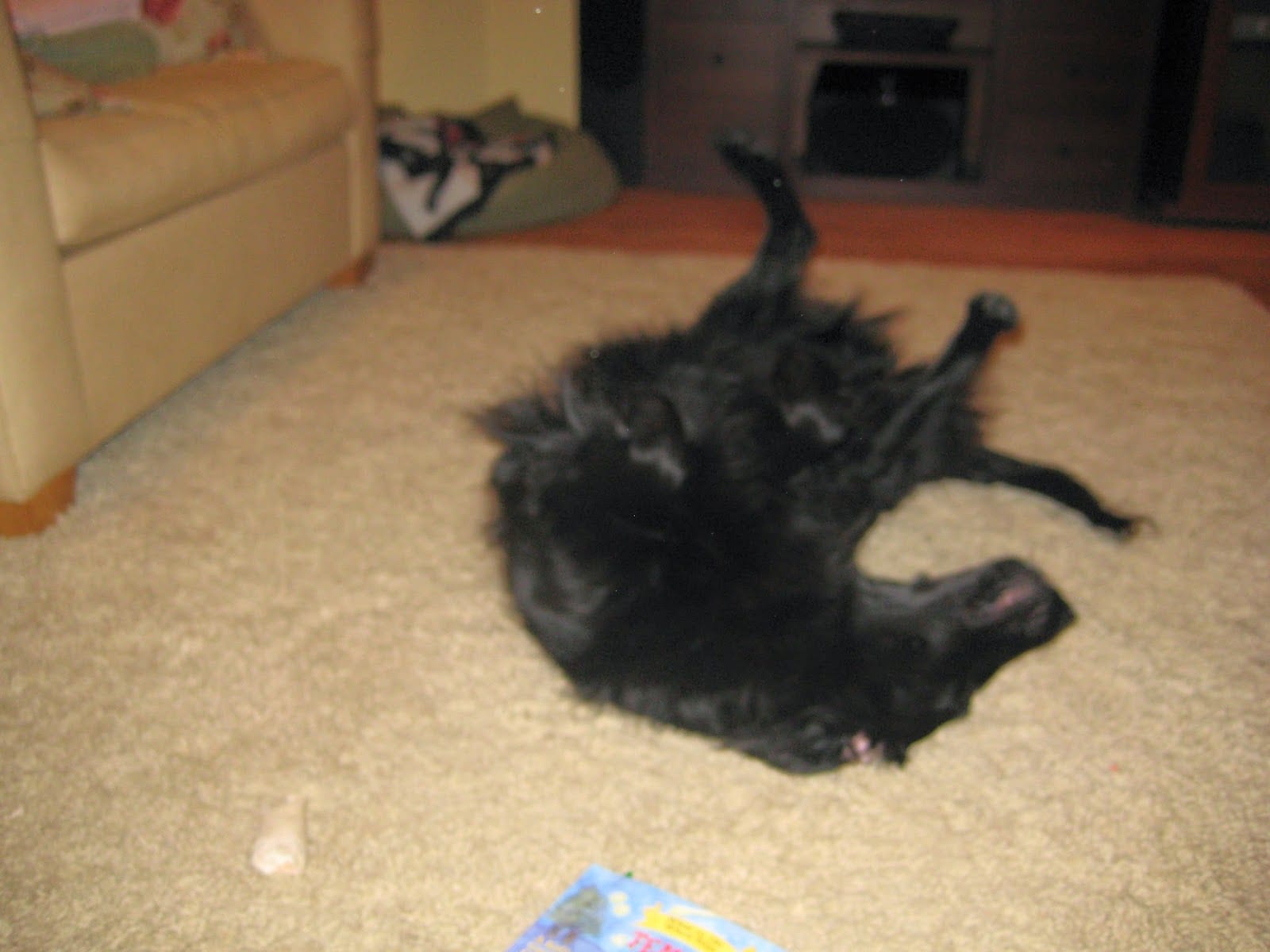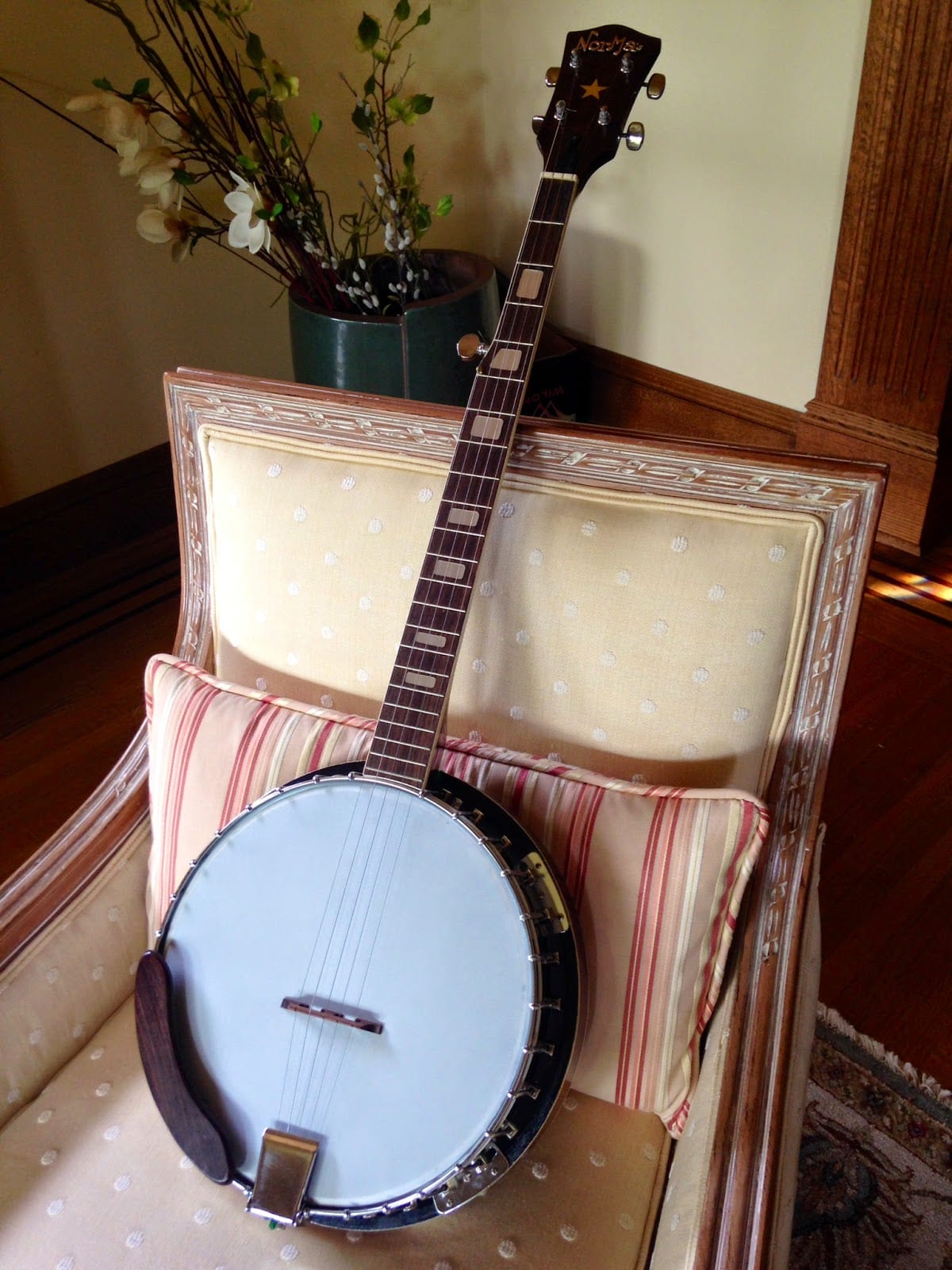It occurred to me this morning that I’ve spent much of the last three weeks borrowing trouble. I am feeling a little frantic, fairly depleted, and terrifically confused and I have brought it all on myself.
I have been relying on my tendency to be a ‘fixer’ instead of sitting back and owning what is mine to own. To borrow a phrase, I have been “leaning in” far too much. As a parent, it is difficult for me to separate what is mine from what belongs to my daughters, but every time I get entangled in their stuff, I learn the same painful lesson – namely, that nobody is getting what they need when I jump in and try to make things better.
Over the last three weeks, I’ve been fooling myself that I wasn’t really getting involved. Instead of telling my girls what to do, I simply went and did a ton of research and offered up the Cliff Notes versions as potential solutions. I have done a great deal of listening, given many hugs and words of encouragement and left them with strategically-placed notes that I fervently hoped they would take to heart. And then I have left the room and entered my own head. I have spent hours debating strategies, ordering and reading books that I thought might give me important insight, reached out to other mothers for ideas, and basically ignored all of my own stuff in an effort to help my girls.
I understand that it is important for my kids to experience pain and disappointment and come out the other side. It is horrible to watch, but as a parent, I know it is more harmful to try and shield them from the slings and arrows of life than it is to let them feel the sting and discover that they will survive despite it. That much I am clear on. What I realized this morning is that because it is uncomfortable for me to see them suffer, my agenda involves them acknowledging their suffering and moving on quickly. I want them to take the fast lane to enlightenment, drawing on my experience and knowledge instead of taking the time to form their own, and have an “a-ha” moment in record time. I want their wounds to heal completely within days or hours and leave a scar that will help them incorporate this wisdom into their lives forever. Voila!
Ridiculous.
The other night when I pushed my way into Eve’s room to offer all of the information I had gathered while she was at school, she got angry with me. She tolerated my 20-minute download, but just barely, and then asked me to leave. My feelings were hurt. I felt unappreciated and instantly angry that she didn’t see how I had sacrificed hours of my day to ruminate, investigate, and collate on her behalf.
Within minutes, I got a text message from her that made me sit down hard.
“I’m sorry I was rude. But I didn’t ask you to do all of that. I have a plan. I am figuring out how to deal with this and you have to give me a chance to do it my way.”
She was right. In running around searching for answers and spending time and energy fixating on how to help my girls deal with the disappointments they experience, I am serving my own need to be useful, to solve a problem, to fix something. There is a fine line between giving thoughtful advice when it is asked for and projecting my own stuff onto someone else. In my experience, it is always easier to see how to solve someone else’s problems than it is to work on my own. When I hover over my kids and offer solutions, even if I’m not advocating for one over another, the message I’m sending is that I don’t trust them to figure it out on their own (at least not as quickly as I would like). I am also not giving them the chance to truly integrate the lessons of these challenges into their lives. They can’t remember pain from the scars I carry and as much as I might talk to them about my personal mistakes, in order to learn, they have to make their own.
All of this isn’t to say that I can’t love my girls fiercely and worry about them and offer my two cents. I will also not hesitate to jump in if I think there is a situation they absolutely are not equipped to handle yet, but getting emotionally tied up to the point where I set aside my own life in order to spend hours thinking about how to help my kids is a waste of energy. This morning I found myself exploring several scenarios in an effort to help Lola with something she hasn’t asked for help with and it stopped me short. I have a lot to do today and Lola’s got this. If she doesn’t, she’ll let me know one way or the other, but indulging my desire to have things tied up neatly and see my kids happy is only going to make us all crazy.






